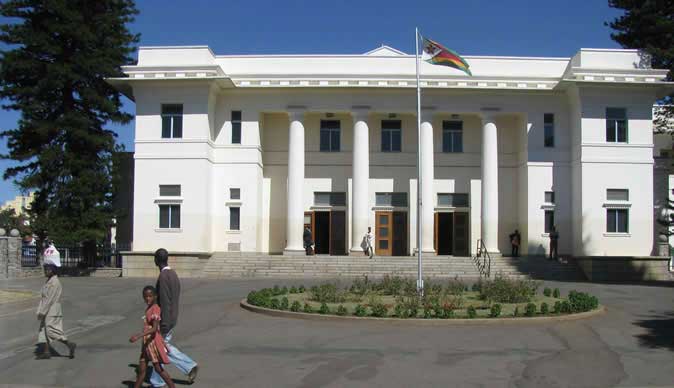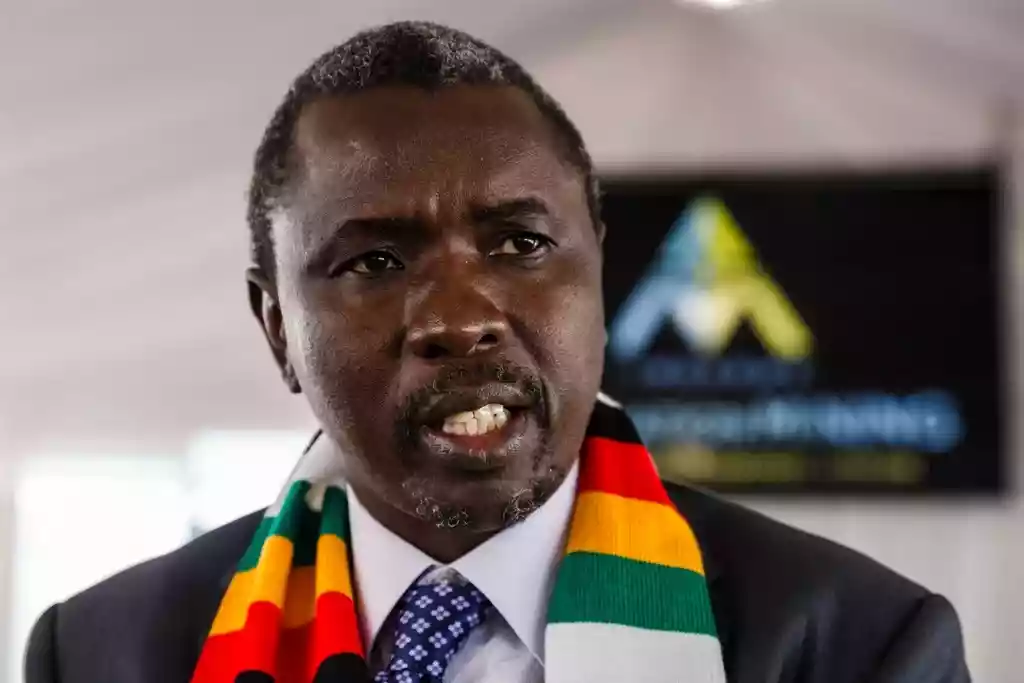
BULAWAYO residents have pleaded with the local authority to reverse the recently effected 400% rates increases, claiming the new charges were imposed on them without proper consultation.
BY PRAISEMORE SITHOLE
Government recently approved the Bulawayo City Council (BCC) 2020 budget which saw the tariffs being increased by 416% with effect from February 1.
In October last year, the local authority also hiked rates by about 300% to finance a supplementary budget.
Speaking at the residents meeting in Pumula on Wednesday, the disgruntled ratepayers said the new tariffs were unaffordable.
Bulawayo Progressive Residents’ Association (BPRA) ward 17 chairperson Mandlenkosi Gumunyo said the council imposed the rates.
“The way this issue was handled and conducted clearly shows council does not care about the residents. When their team comes for meetings, they tell the residents that we are going to do this and this and that is not consulting, that’s imposing,” Gumunyo said.
“We even had a meeting with the council on Monday and what is surprising is that they hide behind a finger. The new tariff charges are too much for the residents considering that most of the people are not working, where will they get the money?”
- Chamisa under fire over US$120K donation
- Mavhunga puts DeMbare into Chibuku quarterfinals
- Pension funds bet on Cabora Bassa oilfields
- Councils defy govt fire tender directive
Keep Reading
However, ward 17 councillor Sikhulekile Moyo dismissed claims that residents were not consulted on tariff increases.
“The first thing is we came to the budget consultation and we conducted our meetings here in Pumula. At first we came with a 42% increase proposal, then followed a 300% and we came again with the last 416% hike proposal because to ensure service delivery we need to have a better amount,” Moyo said.
“We know that the amount is high, but everything is tough for everyone, prices are going up every day. The (Local Government) minister has approved the budget so that we can come up with good service delivery. The pipes and chemicals we are using to ensure service delivery are bought in foreign currency.”











